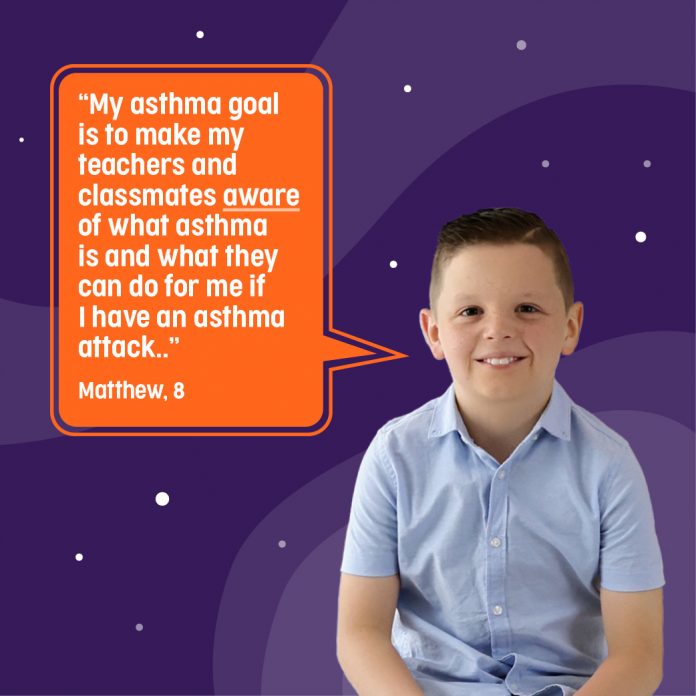While Covid-19 remains a concern for many, your child’s asthma is likely to be at risk when back at school.
Returning to the classroom is a potentially high-risk time for asthma hospitalisations. As such, Asthma Australia is urging parents of children with asthma to be diligent with their asthma management as school returns amid the Covid-19 Omicron outbreak.
“We’re concerned what this [returning to school] will mean with the Omicron outbreak. There’s no room to be complacent about existing conditions like asthma, but we know it can be hard to avoid. The best thing is to help your kids achieve good asthma control, and get their Covid-19 vaccination,” says the Acting CEO of Asthma Australia, Kathy Packenas.
To ease the stress, Asthma Australia has launched a fun asthma adventure game, “to get you into the swing of things”, according to Ms Packenas.
“It helps to have clear steps to follow for your child’s asthma amid the ever-changing COVID environment,” she says.
As part of their Back-to-School Campaign, the game developed by Asthma Australia helps children and parents set a positive asthma goal for school.
It helps parents with their child’s asthma school care plan and reminds them to get a spare asthma reliever puffer and spacer device for school.
It is a timely prompt to update their child’s regular Asthma Action Plan for ongoing management and what to do in case of worsening asthma symptoms.
“The game and supporting information is easily accessible via our website,” says Ms Packenas.
“While our attention may be on COVID-19 and children’s vaccines at this time, it’s important to ensure your child’s asthma management plan is up to date to keep them out of hospital.
“To help with asthma plans, we’re also encouraging parents and carers to book ahead as GP appointments may be disrupted due to Covid-19.
“It has also caused disruptions to spirometry testing and some GPs may refer children over six to lung clinics to get a lung function test if they feel it’s necessary for an asthma diagnosis.”
Through better support and management of childhood asthma of school-aged children, the burden of disease in these children may be reduced, sick days may be reduced, and childhood asthma hospitalisations may also be reduced especially during the February to March period.
“Asthma Australia has a bold goal to halve avoidable hospital presentations for asthma by 2030. There has been little improvement in asthma hospitalisations over the past decade,” explains Ms Packenas.
It’s reported that of the nearly 40,000 hospitalisations for asthma in 2017/18, nearly half (44%) were for children aged 0 to 14.
Among school-aged children, most of these are thought to be preventable through appropriate self-management and care in the primary health setting.
“New data and research tell us the same story – asthma is poorly managed and understood. We want to change this and help children achieve their asthma goal at school and have fun along the way,” says Ms Packenas.
To get involved and play the game, people can download and print the Asthma Adventure Game with instructions, which includes the Asthma at school care plan; Asthma Action Plan and Asthma Review Sheet via the Asthma Australia website.
If you are unable to see your GP, call one of our Asthma Educators on 1800 ASTHMA (1800 278 462) to discuss your child’s Asthma Action Plan today.








